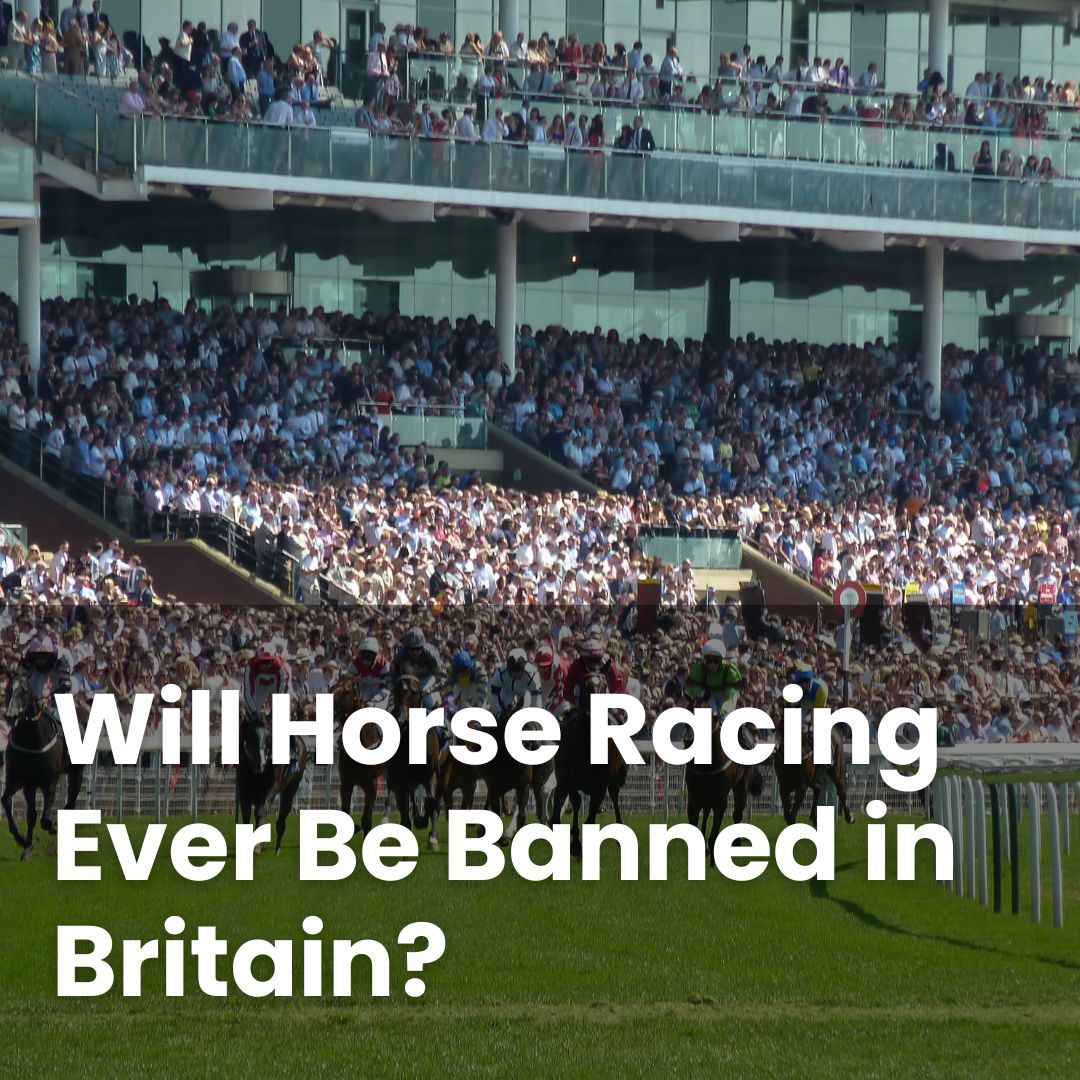Horse racing has long been part of British culture, shaping sporting and social life for centuries. As society changes, some people question what place the sport should have today.
Discussions often touch on the horses themselves, betting, and the wider economic footprint of the sport. A few campaign for major change, and some wonder whether the sport might ever be halted completely.
This blog explores the role of horse racing in the UK, the main areas of concern, how it is regulated, approaches elsewhere in the world, what a ban might mean for betting and tourism, and whether updates to standards might influence the sport’s future.
Public opinion is varied, and there are many angles to consider.
Introduction to Horse Racing in the UK
Horse racing is one of Britain’s oldest organised sports. Sometimes called the “sport of kings,” it forms part of national tradition and is central to certain social occasions.
Racecourses are found across the country, attracting people for different reasons—from enjoying the spectacle to experiencing a day out. The sport includes both flat racing and jump (National Hunt) racing, each with its own calendar and well-known events such as the Grand National and Royal Ascot.
The sport has changed over time. Broadcast coverage, online betting, and evolving rules have influenced how people follow racing. Betting is legal and regulated in Britain; anyone who chooses to place a bet should use licensed providers and set sensible limits.
Given this background, conversations often move to the main issues the sport faces day to day.
What Are the Main Concerns About Horse Racing?
At the heart of discussions are questions about how horses are trained and cared for, and what happens once they leave the track. Injuries might occur, so how the sport responds is often debated.
Other points of focus include equipment used during racing. There are rules on how tools such as the whip may be applied, but opinions differ on whether current measures are sufficient.
Track surfaces, jump designs, race distances, field sizes, and veterinary checks also attract scrutiny. The details of medication controls and anti-doping testing are discussed by regulators, with attention on ensuring standards are consistently applied.
Concerns linked to betting appear in the context of the sport’s prominence. While most people who choose to bet do so without difficulty, some find it challenging to manage, which is why clear guidance and licensed options are recommended.
Taken together, these topics keep the sport under review and influence how racing is managed and observed.
Discover The Best Online Casinos
Browse our list of top-recommended casino sites, read reviews from real players & be the first to get access to the latest casino bonuses
Who Regulates Horse Racing in the UK?
The British Horseracing Authority (BHA) oversees governance, regulations, and welfare standards for racing in Great Britain.
It maintains the Rules of Racing, licenses trainers, jockeys, and racecourses, regulates fixtures, monitors integrity, and provides guidance on equine welfare.
Betting is overseen separately by the UK Gambling Commission (UKGC), which sets requirements for licensed bookmakers and ensures betting is conducted fairly.
Understanding these responsibilities helps when comparing how other countries approach horse racing and associated activities.
Have Other Countries Banned Horse Racing?
Globally, racing continues under various national and regional rules. Complete bans are very unusual; more often, specific practices or types of racing face restrictions in response to welfare concerns or regulation.
In some countries, betting is limited even though racing continues. Elsewhere, particular forms such as jump racing might be curtailed while flat racing proceeds under stricter oversight.
Where prohibitions exist, they generally result from a combination of welfare, legal, cultural, and financial factors rather than a single cause. This mix helps explain why approaches differ widely.
At present, Britain has no plans to ban racing, and the BHA confirms it is not under consideration.
What Would a Ban Mean for British Betting and Tourism?
Ending racing would affect more than the sport itself. It contributes significantly to betting, both online and in shops. If someone chooses to bet on horse racing, a ban might reduce available markets, shift spending, and alter revenues connected to the sport.
People might place bets on other sports or step away from betting entirely. The wider industry—including stable staff, racecourse businesses, and related tourism—would also feel consequences.
Major events appeal to visitors, who book hotels, travel, dine out, and support local businesses. Without these meetings, some towns might see fewer visitors and lower seasonal income.
These possible effects bring discussions back to whether updates to standards might address concerns without halting the sport entirely.
Could Horse Racing Safety Reforms Prevent a Ban?
Efforts to improve safety focus on practical measures. This includes reviewing fence design, starting procedures, field sizes, ground conditions, and race distances. Veterinary checks and recovery periods after injuries or falls aim to protect horses and riders.
Attention is also given to life after racing. Schemes for retraining and rehoming horses, funding for aftercare, and career tracking are designed to address what happens once a horse leaves racing.
Transparency is key. Publishing injury figures and explaining rule changes helps people see how decisions are made. Updates such as the BHA’s March 2025 rules on certain treatments aim to demonstrate that actions are evidence-led rather than symbolic.
Over time, outcomes of these reforms might influence public opinion on the sport’s future.
What Is the Public Opinion on Horse Racing Bans?
Views are divided. Many value racing for its cultural and economic contributions, while others focus on the welfare of horses or potential difficulties linked to betting. Some campaigns call for restrictions on specific forms of racing rather than ending the sport entirely.
Polls show differences by age, region, and familiarity with racing. Media stories, high-profile incidents, and political debate all shape opinions, which might shift when new information or reforms emerge.
The future of racing in Britain will depend on ongoing improvements to safety standards, enforcement of rules, adaptation to public expectations, and economic factors such as tax changes. Any potential ban would result from the combination of these considerations, not from a single issue alone.





